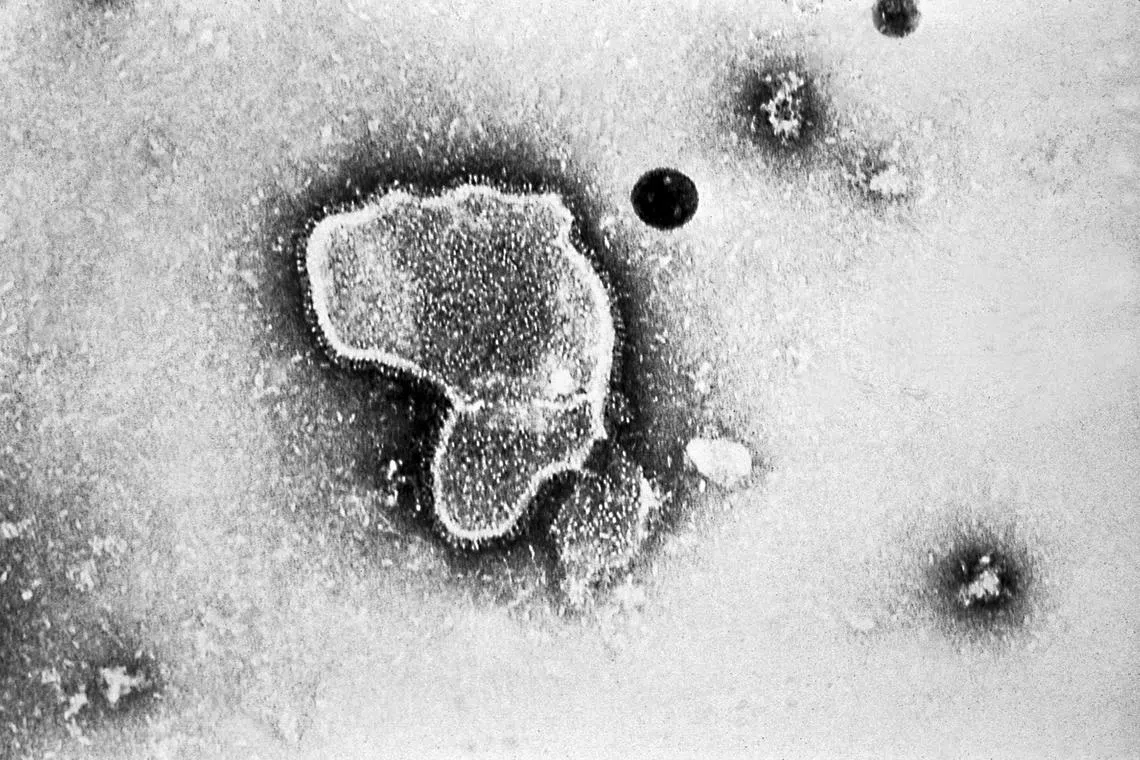US approves second respiratory syncytial virus vaccine
Sign up now: Get ST's newsletters delivered to your inbox

The respiratory syncytial virus can be serious for infants and the elderly, as well as those with weak immune systems and underlying conditions.
PHOTO: NYTIMES
NEW YORK – The United States drug regulator approved a second vaccine against respiratory syncytial virus (RSV), its American developer Pfizer said on Wednesday, a month after the authorisation of the first shot against the pathogen,
The announcement comes only weeks after the regulator, the Food and Drug Administration (FDA), approved Arexvy from British drug-maker GSK – the world’s first RSV vaccine.
“Today’s approval is a monumental step forward in delivering on Pfizer’s commitment to help alleviate the significant burden of RSV in higher-risk populations, which includes older adults,” Pfizer head of vaccine research development Annaliesa Anderson said in a statement.
Abrysvo and GSK’s Arexvy are both intended for people over the age of 60.
Officials from the US Centres for Disease Control and Prevention (CDC) are set to meet on June 21 to draw up recommendations for the administration of RSV vaccines in the elderly.
Pending that meeting, US-based Pfizer plans to introduce Abrysvo to the market in the third quarter, ahead of the expected fall surge in cases of bronchiolitis – lung inflammation often caused by an RSV infection.
Pfizer has also sought approval for a vaccine meant for pregnant patients, who would then pass on the protection to their babies.
An independent panel of experts recommended the adoption of that vaccine in mid-May, though the FDA has not yet issued a decision.
RSV is a widespread, highly contagious pathogen most known for causing bronchiolitis – an irritation and inflammation of the small airways – in young children, especially in winter.
It also infects adults and can become dangerous in the elderly, who may develop pneumonia.
According to US health officials, RSV kills between 6,000 and 10,000 people over age 65 in the US every year, and causes between 60,000 and 160,000 hospitalisations.
And it sends between 58,000 and 80,000 children under the age of five to the hospital every year, according to the CDC. AFP


